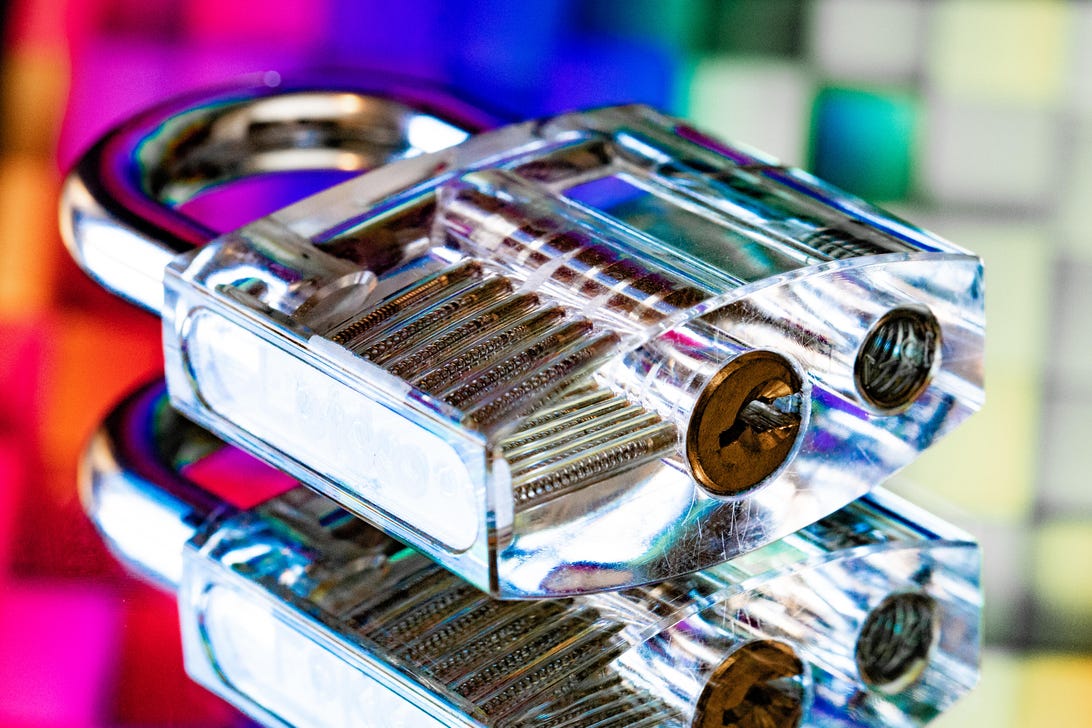
There’s no shortage of made-up national holidays. Among the fabricated celebrations: Houseplant Appreciation Day, Irish Coffee Day and Bubble Wrap Day.
However, there is one such holiday actually worth observing: Data Privacy Day, which happens to be today. It’s a good reminder to check up on the safety of your personal data. The holiday began in the US and Canada back in 2008. It’s an extension of a European holiday marking 1981’s Convention 108, the first legally binding international treaty on protecting privacy and data.
The day, which will be marked by security companies and privacy advocates, provides an opportunity to take stock of where your personal data is and who has access to it. Keeping tabs on that data is especially important as we close out the second year of a global pandemic that has forced many people to do a lot more online than they previously did.
It’s also important to remember that protecting your data and privacy means not just keeping your information safe from cybercriminals but also making sure you aren’t sharing more than you need to with tech giants and other data harvesters.
Many consumers want to make data protection a priority. Sixty percent of people polled in a survey released this month by McAfee, a security software company, said they had changed their personal online behavior to enhance their data security. And 52 percent said they had installed new security tools like antivirus software or a password manager on their devices in an effort to better lock them down.
Here are a few easy ways to safeguard your data.
Set good passwords. Long, random and unique passwords are best. Don’t be tempted to recycle an old one, even if it’s great. Need help? Get a password manager.
Turn on two-factor authentication. This technique requires entering a second identifier — like a biometric, app notification or a physical key — in addition to your password. This will go a long way toward protecting you if your password gets compromised.
Note: Avoid using SMS messages. Why? SIM swapping, in which cybercriminals steal your phone number by calling your wireless provider and having it switch your number to a new phone and SIM card. It does happen, and if criminals take over your phone number, they’ll get that text message, too.
Keep an eye on your accounts. Monitor your bank and credit accounts for potentially fraudulent charges. If you don’t expect to be applying for credit anytime soon, freeze your credit reports.
Lock down your social media accounts. Make sure the only “friends” you’re sharing your information with are your actual friends. Even then, be careful what you disclose, especially when it comes to social media quizzes and other games. Seemly innocuous bits of information like the make and model of your first car or the elementary school you attended could be used to hack your passwords down the road, because those facts are often used in security checks.
Audit your logins and apps. Using Facebook or Google to automatically log in to your apps and websites gives them access to more of your data. Think twice before you do it. Not using an app anymore? Delete it and take away its access to the data you agreed to share when you first downloaded it.
Update everything. This doesn’t just apply to your operating systems and antivirus software. Your router, apps and all of those “internet of things” devices also need to be up to date. Patches to fix bugs and security problems can’t help you if you don’t install them. If you don’t know how to update your router, call your ISP or check online.



